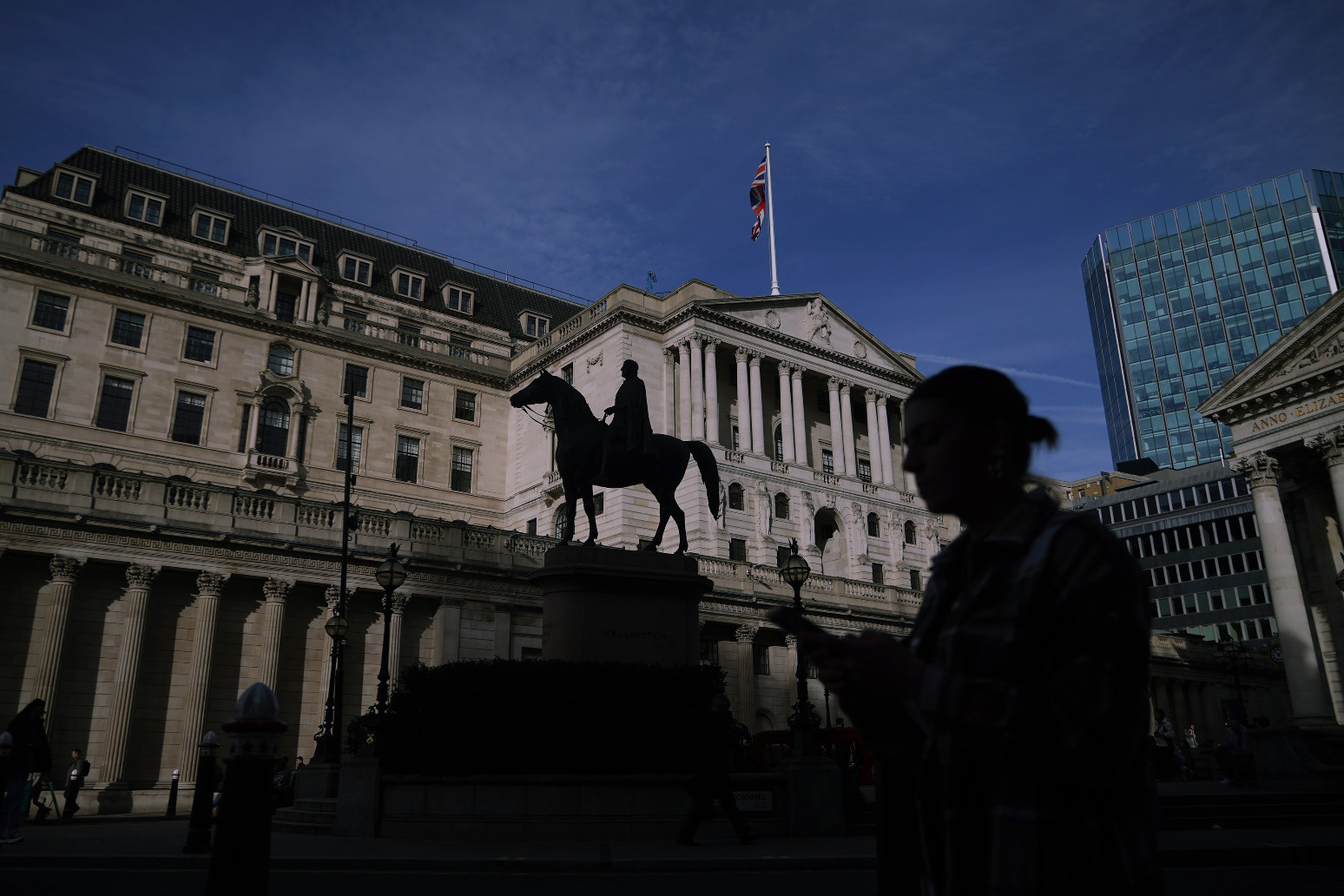UK Moves to Regulate Bank Exposure to Cryptocurrencies

The United Kingdom's financial landscape is poised for significant changes as the Bank of England (BoE) signals crucial new regulations concerning how banks interact with the volatile world of cryptocurrencies. These stringent measures, expected to be fully implemented by 2026, underscore the central bank's commitment to mitigating risks associated with digital assets.
David Bailey, executive director at the Bank of England, affirmed at the Risk Live Europe event in London that the UK’s upcoming rules would lean towards the “restrictive end” of the spectrum. This approach aims to encourage banks to maintain a low exposure to cryptocurrencies. Bailey specifically highlighted the need for prudential treatment of banks’ exposures to cryptoassets, particularly those characterized by heightened price volatility where investors face the risk of losing their entire investment.
Furthermore, the UK is actively working to incorporate the Basel Committee on Banking Supervision’s disclosure framework for crypto exposure. This framework mandates a standardized set of public tables and templates detailing banks’ crypto holdings. While the Basel Committee initially aimed for crypto disclosures by January 2025, the deadline has been extended by an additional year. A key recommendation from the Basel Committee suggests that banks limit their investments in volatile cryptocurrencies, such as Bitcoin, to no more than 1% of their overall portfolio.
In parallel, the UK’s Financial Conduct Authority (FCA) is driving efforts to establish a clear regulatory framework for cryptoasset firms operating in the country. The FCA’s “gateway regime,” slated for 2026, will introduce a new authorization process for crypto companies. The regulator is also in the process of finalizing its regulatory frameworks for stablecoins and crypto custody services, and is currently soliciting public input on its stablecoin regulation plan.
These restrictive measures on banks’ crypto exposure are being introduced at a time when European banks are increasingly engaging with cryptocurrencies. Despite the EU watchdog ESMA noting that 95% of EU banks do not participate in crypto activities, some institutions like BBVA have begun advising wealthy clients on crypto investments, highlighting the broader market dynamics influencing the UK's regulatory stance.










